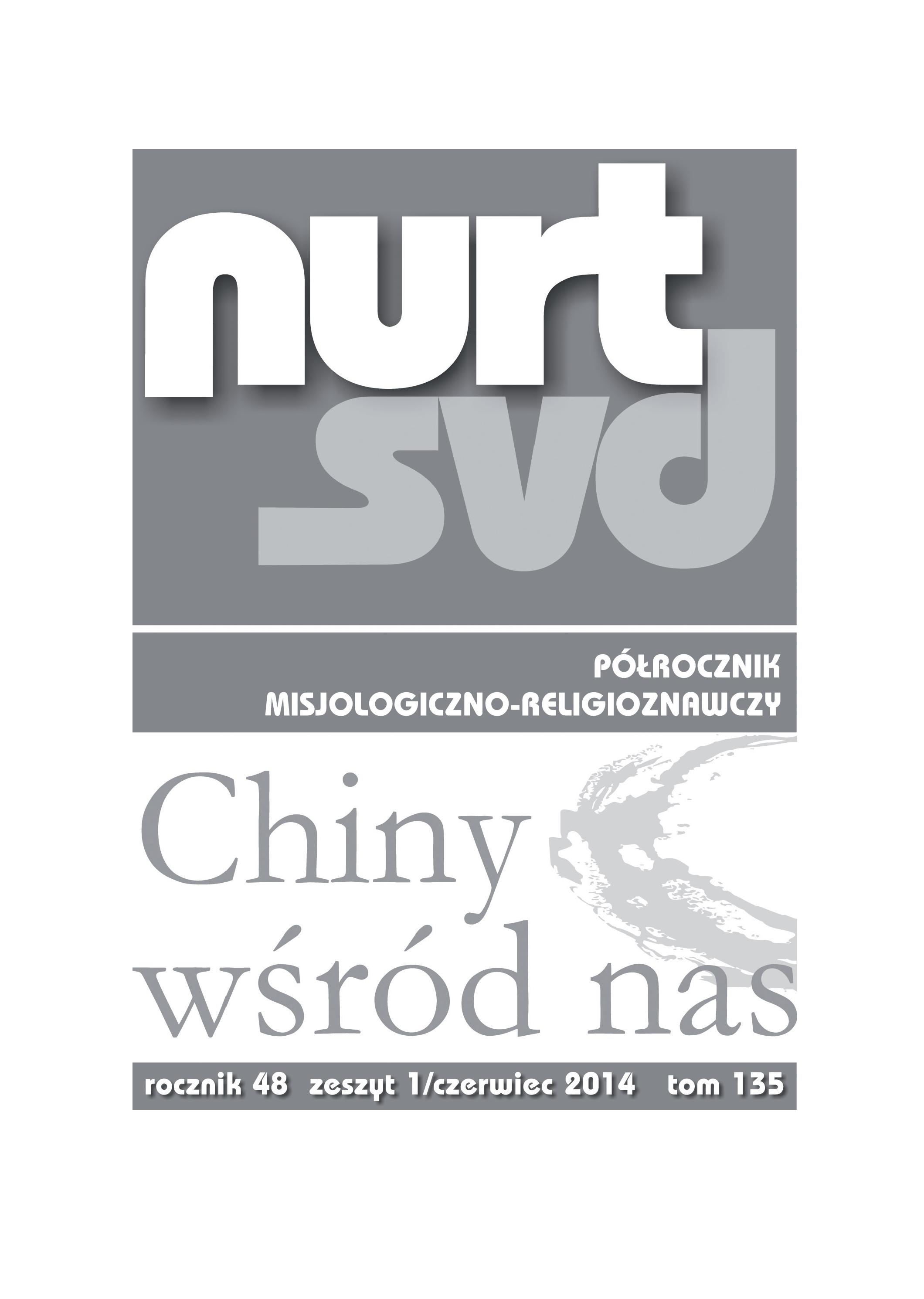Kilka uwag na temat idei prawdy w klasycznych Chinach. Część druga: Wyjaśnienie idei prawdy na przykładzie Dialogów konfucjańskich (Lunyu 論語): Junzi 君子 jako nosiciele prawdy
A Few Remarks on the Idea of Truth in Classical China. Part two: The Explanation of the Idea of Truth on the Example of The Analects of Confucius (Lunyu 論語): Junzi 君子 as Truth-Bearers
Author(s): Zbigniew WesołowskiSubject(s): Theology and Religion
Published by: Verbinum
Keywords: the truth; Chinese culture; Confucius; Indo-European culture; history
Summary/Abstract: In the present article (part one and two), the author explains the problem of the idea of truth in classical China. In this, the two cultures, the Western and the Chinese, differ from each other in this sense that the for the former the category of truth is self-evident, while in the latter it seems not to occur whatsoever. Therefore, the author of this contribution first (part one) attempted to work out the methodical and methodological horizon to look at the idea of truth in classical China, then (part two), on the example of the Analects of Confucius – to introduce the Confucian idea of junzi, the noble people as the dao-truth bearers. It is beyond doubt that the Confucian idea of truth, similarly to ancient Greece, was based upon the category of compliance (the correspondence theory of truth). What we deal here with is first of all the correspondence theory of individual and moral truth, that is junzi as a compliance with ren-humanity (human nature) and li-ritual (the appropriate expression of ren-humanity and other moral attitudes in a society) as well as with the correspondence theory of social and political truth, that is the compliance with Tiandao – the heavenly order which, according to Confucius, was executed as soon as in the ancient Chinese history. The both forms of this correspondence idea of truth belong to the ethical and moral dimension of truth. Moreover, from the language philosophy’s point of view, the so-called rectification of names (zhengming 正名) is a pragmatic – not semantic category. That means that the language is perceived here as an especially functional convention passed on by copying the “experts’” activities. By the exact modelling of linguistic differences, the social and political authorities make efforts so that we would act according to traditional cultural codes. If, however, the rectification of names means the knowledge of one’s own social role, with the knowledge (as Confucius and his disciples believed) resulting from the heavenly order (Tiandao 天道) and its execution leads to the social harmony – then what we deal here with is the sociology of knowledge which means sociology – not epistemology or logic.
Journal: Nurt SVD
- Issue Year: 135/2014
- Issue No: 1
- Page Range: 53-73
- Page Count: 21
- Language: Polish

